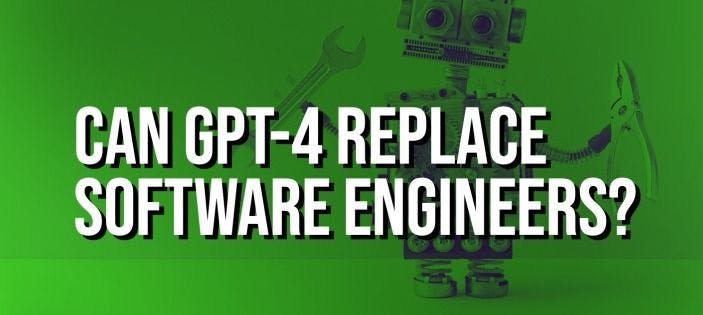4,288 reads
What OpenAI’s GPT-4 Means for the Future of Software Engineering
by
March 28th, 2023
Audio Presented by

Top Writer - VC @ Medium | Startup CFO and venture scout | 7+ years in capital markets and M&A.
About Author
Top Writer - VC @ Medium | Startup CFO and venture scout | 7+ years in capital markets and M&A.
